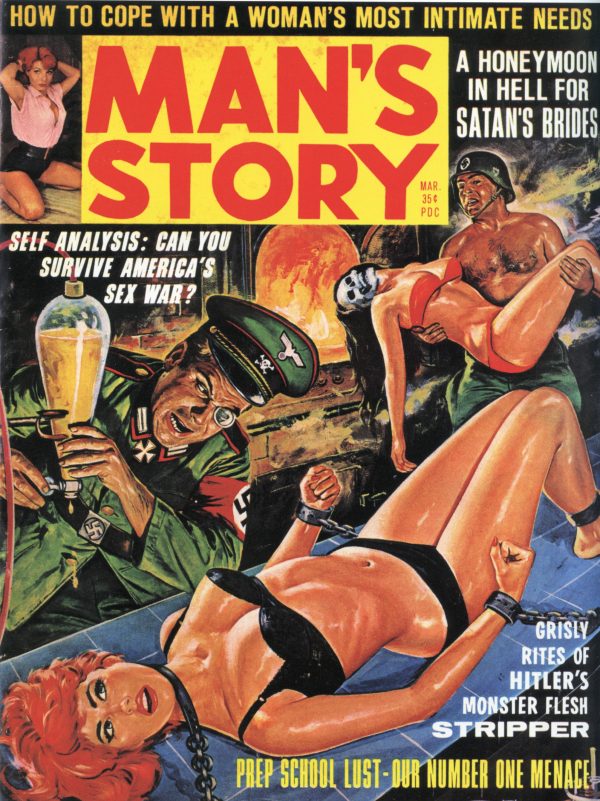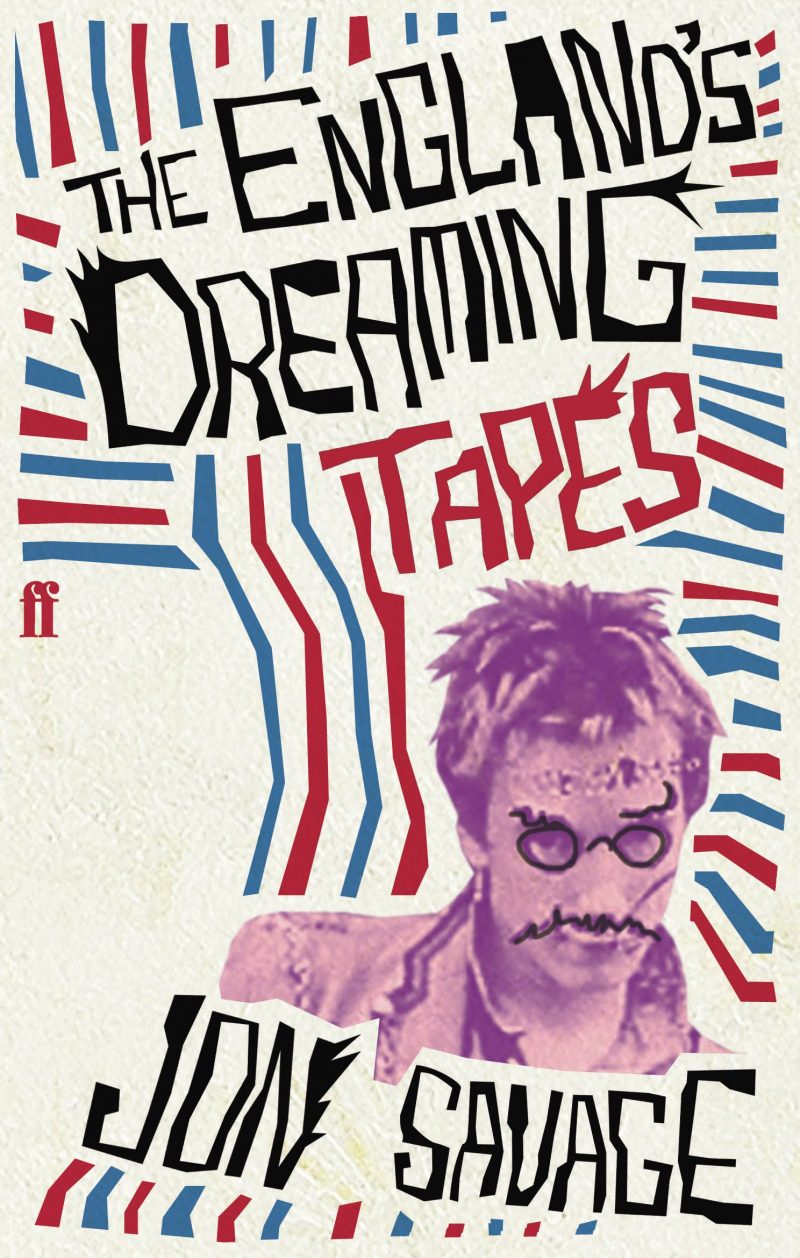Someone is Photoshopping Trump’s face onto the Queen. Hilarity ensues…

Bottom left is my favorite…

Tales of True Adventure for Rugged Men Not Unlike Yourself
Someone is Photoshopping Trump’s face onto the Queen. Hilarity ensues…

Bottom left is my favorite…
Tony Carey as Planet P. I haven’t heard this song in probably 30 years. Wiki-wiki-wikipedia says …
Following the release of I Won’t Be Home Tonight, Carey was signed to Geffen Records for his third solo album (later to be released as Some Tough City), but he had a great deal of music written that didn’t fit the style of that album. He was able to sign a second record deal with Geffen to record and release that material under the Planet P Project pseudonym, which he would use throughout his career for his more progressive and experimental music. He released his first album under the name Planet P Project in 1983, called Planet P Project (originally titled Planet P), which peaked at #42 on the Billboard 200. On the week ending March 19, 1983, both Planet P Project and Carey’s earlier album I Won’t Be Home Tonight were climbing Billboard’s Rock Albums chart simultaneously, with Planet P Project then at #30 and I Won’t Be Home Tonight reaching its peak at #8. (The following week Planet P Project had made it up to #15, though I Won’t Be Home Tonight had slipped to the #10 position). Planet P Project received modest reviews, despite being listed for two weeks by Billboard as a Top Add. The album, however, contained the more highly acclaimed song “Why Me”, which was released as Planet P Project’s first popular single, reaching #64 on the Billboard Hot 100 singles chart and #4 in the magazine’s Top Rock Tracks chart.
Turns out, this guy was in Rainbow with Ronnie James Dio!
https://youtu.be/XA-GkDSBOP8
From 2015, a compilation of Brits swearing at idiot drivers. Glorious.
That is all.

Some (most?) of these picks are absolutely ridiculous. The suggestion that anything off Sandinista! qualifies for the top 25 invalidates the list completely. Still, it’s a good time-waster if you’re stuck somewhere.
If you don’t care to look through the whole thing, here are the top 10.
10. “Rock the Casbah,” Combat Rock (1982)
9. “The Card Cheat,” London Calling (1979)
8. “Stay Free,” Give ‘Em Enough Rope (1978)
7. “Death or Glory,” London Calling (1979)
6. “The Magnificent Seven,” Sandinista! (1980)
5. “Complete Control,” single (1977)
4. “Hitsville UK,” Sandinista! (1980)
3. “London Calling,” London Calling (1979)
2. “Straight to Hell,” Combat Rock (1982)
1. “(White Man) in Hammersmith Palais,” single (1977)
Whole stupid thing here.

This guy is ridiculously precise with the acid – a true artist.

Goddammit, this book came out almost nine years ago – and I completely missed it! (I blame Fat Elvis.) If’n yer curious, it’s a collection of all the interview transcripts Jon Savage used for his 1991 masterpiece, England’s Dreaming: Anarchy, Sex Pistols, Punk Rock, and Beyond.
753 pages!
In The England’s Dreaming Tapes, Jon Savage has gone back to the source to re-create, in original interview form, the extraordinarily disparate and contentious personalities who emerged in the mid-70s as the harbingers of what became known as punk.
Here in uncut form is the story of a generation that changed the world in just a few months in 1976. In interviews with all the major figures of the time – including all four original Sex Pistols, Joe Strummer, Chrissie Hynde, Jordan, Siouxsie Sioux, Viv Albertine, Adam Ant, Lee Black Childerss, Howard Devoto, Pete Shelley, Syl Sylvain, Debbie Wilson, Tony Wilson and Jah Wobble – Jon Savage has produced a book huge in scope, vision and generosity of perspective.
The England’s Dreaming Tapes will surely become the final word and the must-have oral history of the music, fashion and attitude that defined this influential and incendiary era.
I have a sickness.
a la Renfield, going to indulge my Scottish obsessions a bit.
Enjoy!
https://www.youtube.com/watch?v=tsvUPxGg-QQ
… but maybe not lately.